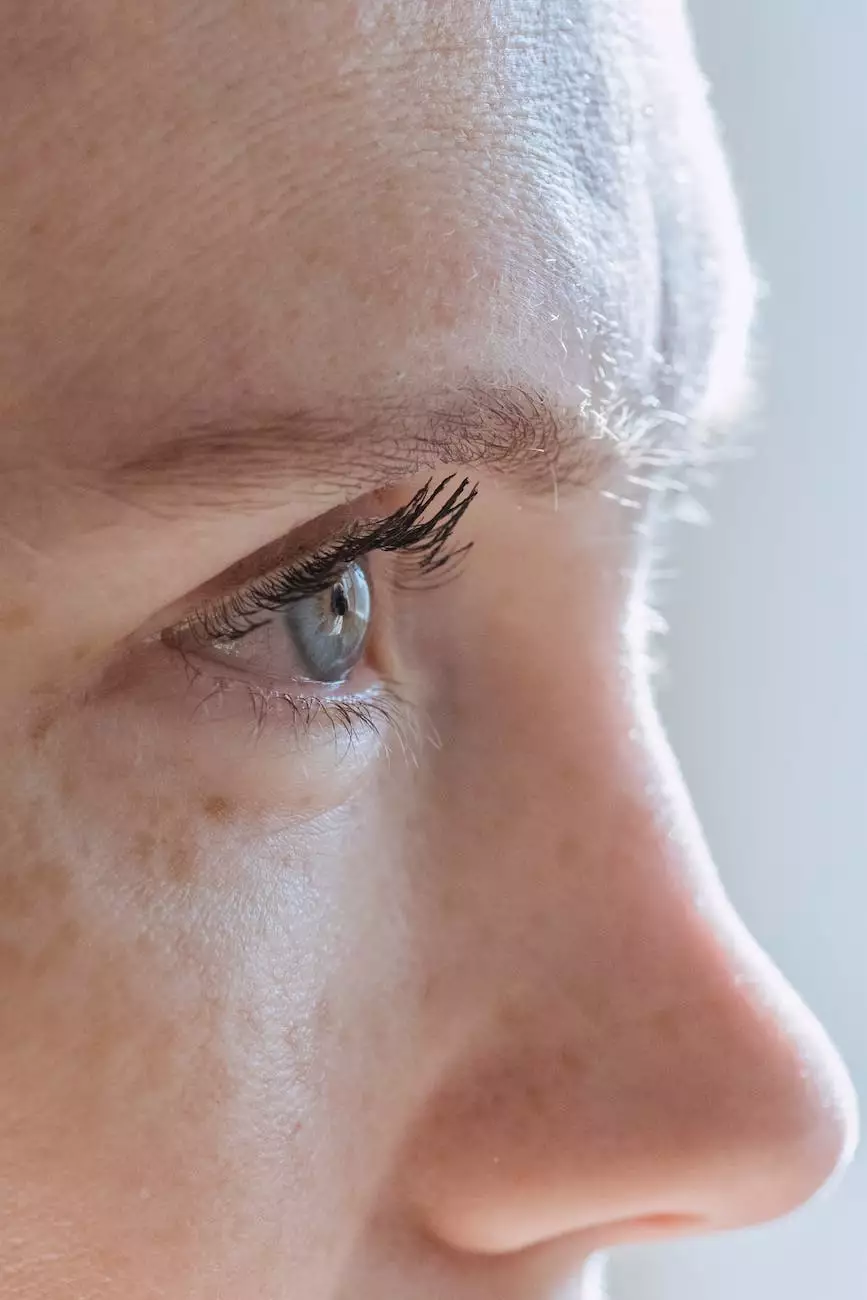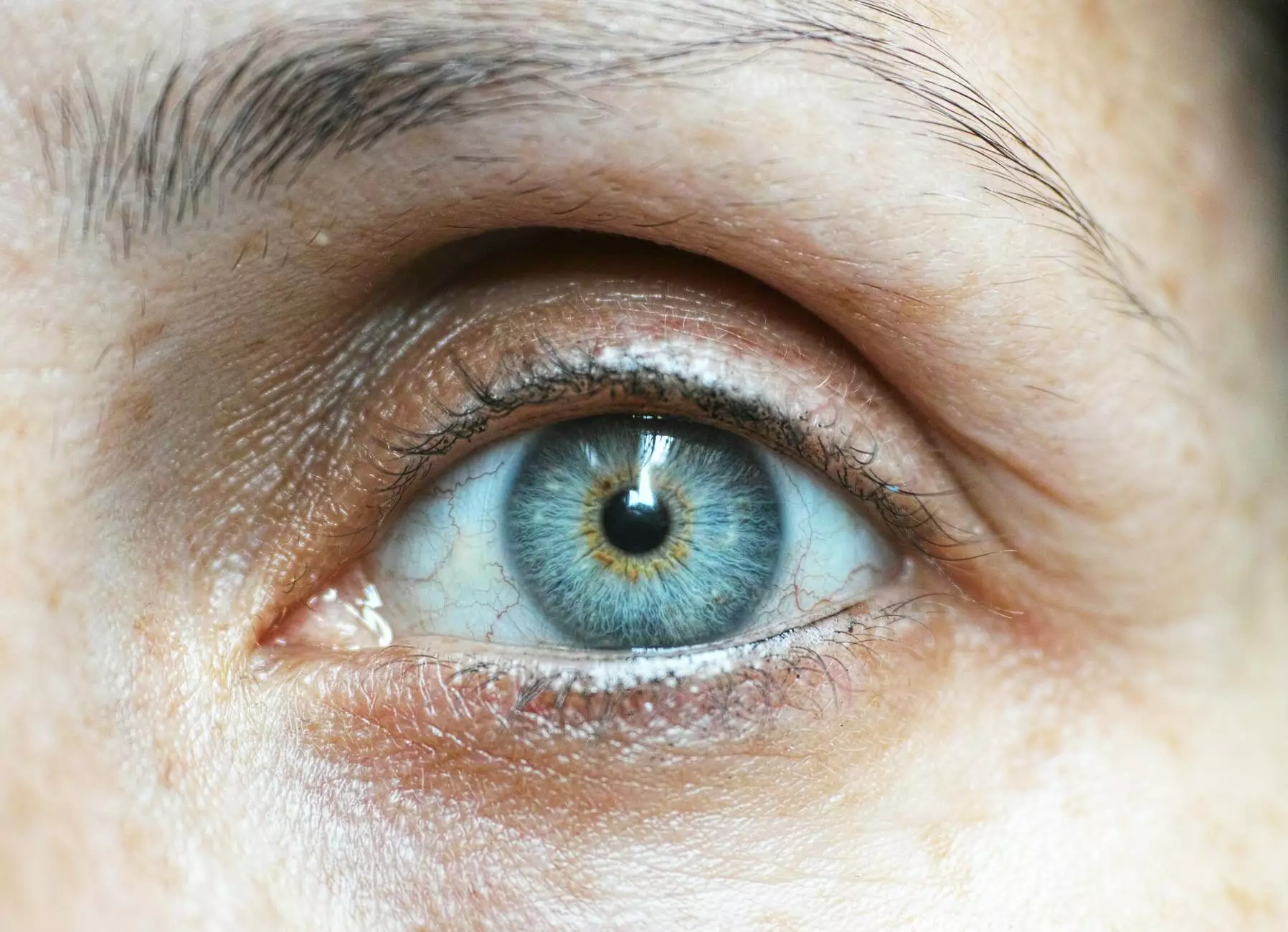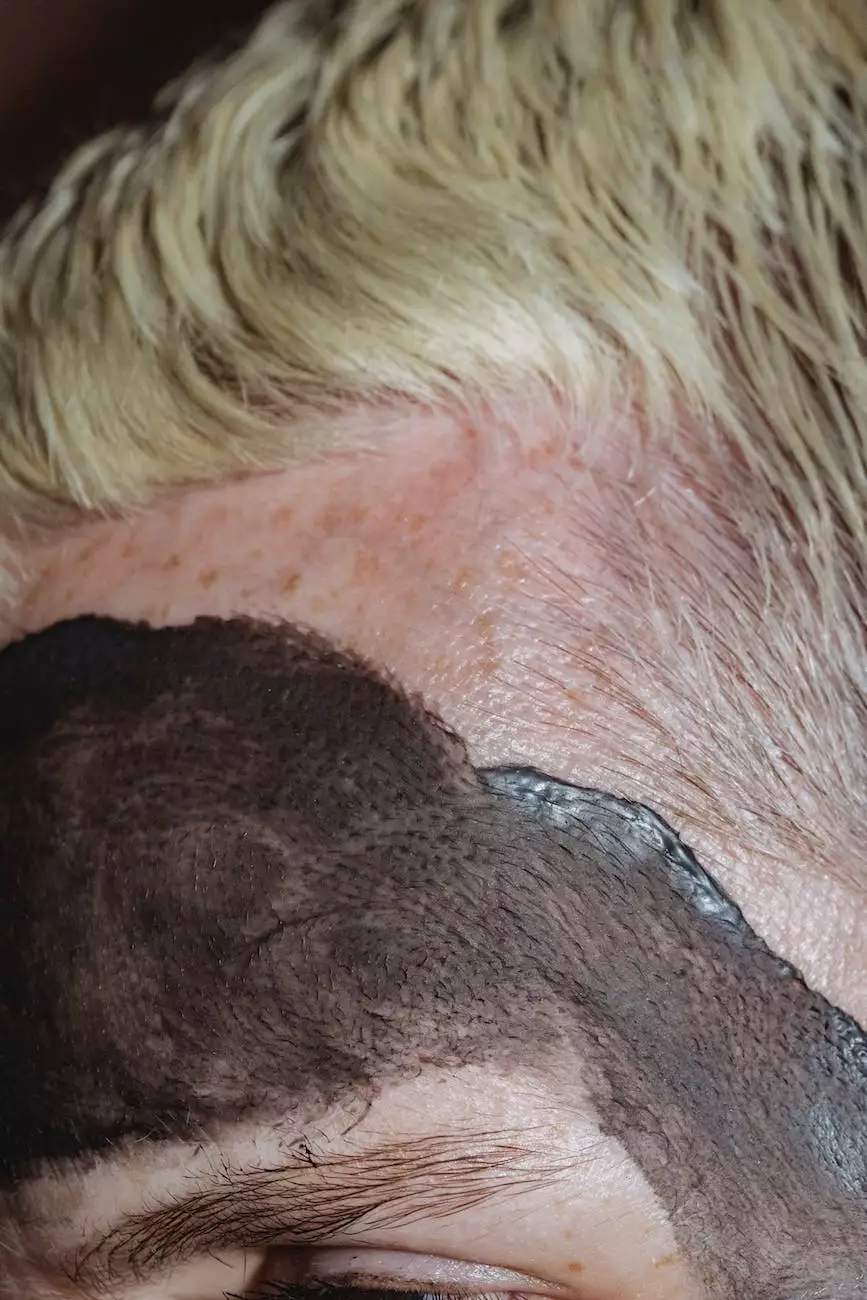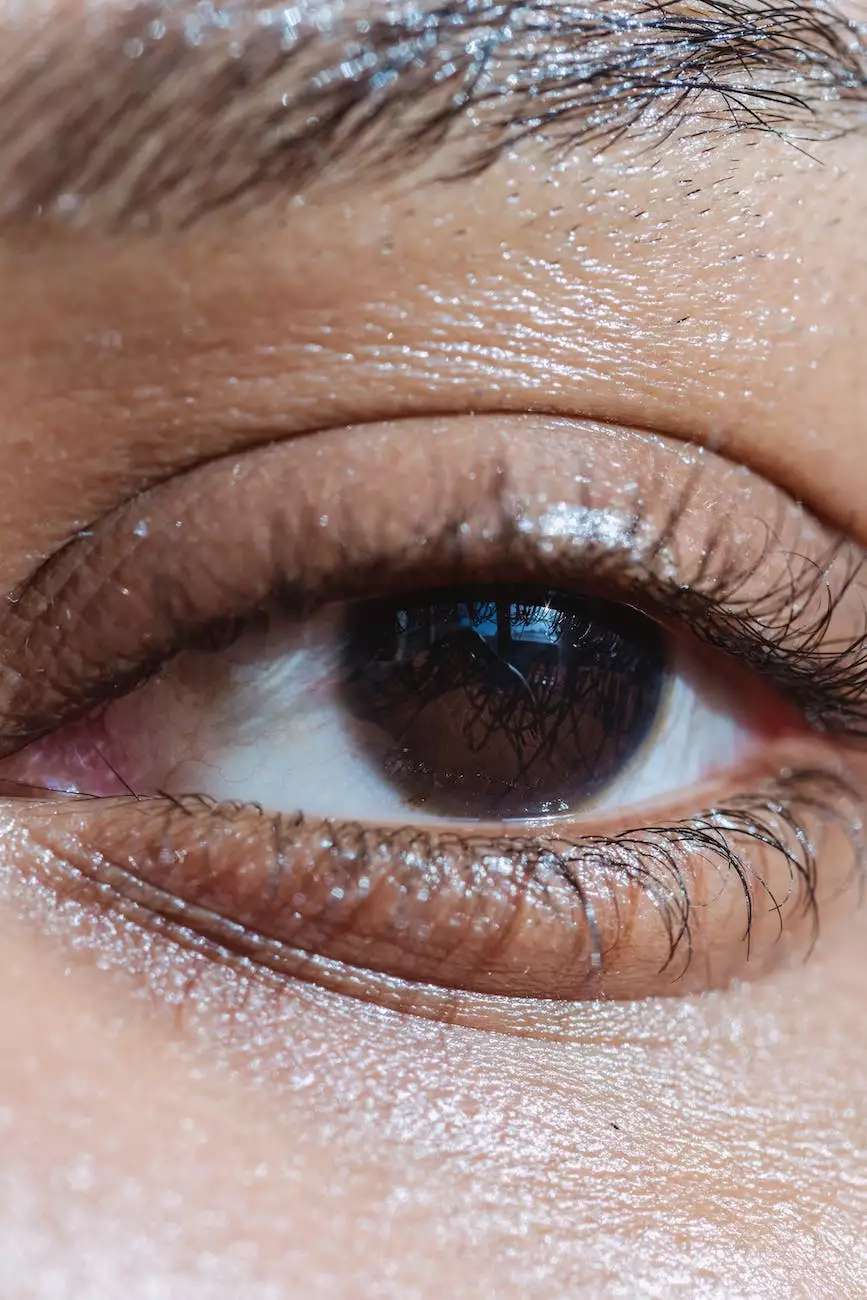Thyroid Eye Disease (Graves Disease)

Understanding Thyroid Eye Disease
Thyroid Eye Disease, also known as Graves Disease, is a debilitating condition that affects the eyes due to an overactive thyroid. People suffering from this autoimmune disorder often experience a range of symptoms, including eye bulging, double vision, redness, and swelling. As a trusted source for health information, Foley James D MD is here to provide you with valuable insights into the causes, symptoms, and treatment options for Thyroid Eye Disease.
Causes of Thyroid Eye Disease
Thyroid Eye Disease is primarily caused by an autoimmune disorder known as Graves Disease. This condition occurs when the immune system mistakenly attacks the thyroid gland, leading to overproduction of thyroid hormones. The excess hormones not only affect the thyroid but also cause inflammation and swelling in the tissues surrounding the eyes, resulting in the characteristic symptoms of Thyroid Eye Disease.
Other risk factors that may contribute to the development of this condition include smoking, family history of autoimmune diseases, and certain genetic factors. It is crucial to understand the underlying causes to effectively manage and treat Thyroid Eye Disease.
Symptoms of Thyroid Eye Disease
Thyroid Eye Disease presents a variety of symptoms that can significantly impact one's quality of life. These symptoms may vary from person to person and can range from mild to severe. Some of the most common symptoms include:
- Eye Bulging: The eyes appear swollen and protruded, making them seem larger than usual.
- Double Vision: Seeing two images instead of one, making it difficult to focus and perform everyday tasks.
- Redness and Irritation: The whites of the eyes may become bloodshot and itchy, causing discomfort and irritation.
- Puffy Eyelids and Swelling: The eyelids become swollen and may feel heavy, leading to a tired or droopy appearance.
- Eye Sensitivity: Increased sensitivity to light, making it challenging to be exposed to bright environments.
- Dry Eyes: Insufficient tear production, resulting in dryness and discomfort.
If you are experiencing any of these symptoms, it is important to consult with a medical professional for an accurate diagnosis and personalized treatment plan.
Treatment Options for Thyroid Eye Disease
While there is no cure for Thyroid Eye Disease, there are various treatment options available to manage the symptoms and improve the overall eye health. The treatment approach may differ depending on the severity of the condition and individual needs. Some common treatment options include:
- Medications: Certain medications, such as corticosteroids and immunosuppressants, can help reduce inflammation and manage the symptoms of Thyroid Eye Disease.
- Eye Lubricants: Artificial tears or lubricating ointments can provide relief from dryness and alleviate discomfort.
- Eye Prisms: For individuals experiencing double vision, eyeglass prisms can help align the images and improve vision.
- Surgery: In severe cases, surgical interventions like orbital decompression or eyelid surgery may be necessary to alleviate pressure on the eyes and improve their appearance.
It is essential to consult with a qualified eye specialist, such as Dr. Foley James D MD, to determine the most suitable treatment plan for your specific needs.
Living with Thyroid Eye Disease
Thyroid Eye Disease can have a significant impact on one's daily life, both physically and emotionally. It is important to adopt certain lifestyle changes and self-care practices to manage the condition effectively:
- Quit Smoking: If you smoke, quitting is highly recommended as smoking can worsen the symptoms and progression of Thyroid Eye Disease.
- Protect Your Eyes: Shield your eyes from bright lights and wear sunglasses when going outside to reduce eye strain and protect them from further damage.
- Use Lubricating Eye Drops: Regularly use prescribed or over-the-counter lubricating eye drops to keep the eyes moisturized and relieve dryness.
- Eat a Balanced Diet: Consuming a nutritious diet rich in vitamins and minerals can support overall eye health and well-being.
By incorporating these lifestyle modifications and following the recommended treatment plan, you can better manage the symptoms of Thyroid Eye Disease and improve your quality of life.
Consult Foley James D MD for Thyroid Eye Disease
If you suspect that you may be suffering from Thyroid Eye Disease or have been diagnosed and are seeking expert guidance, Foley James D MD is here to help. With years of experience in treating various eye conditions, Dr. Foley James D MD and his team of specialists are dedicated to delivering personalized care and effective treatment options for patients with Thyroid Eye Disease.
Visit our website or contact us today to schedule a consultation and take the first step towards a healthier and brighter future for your eyes.









